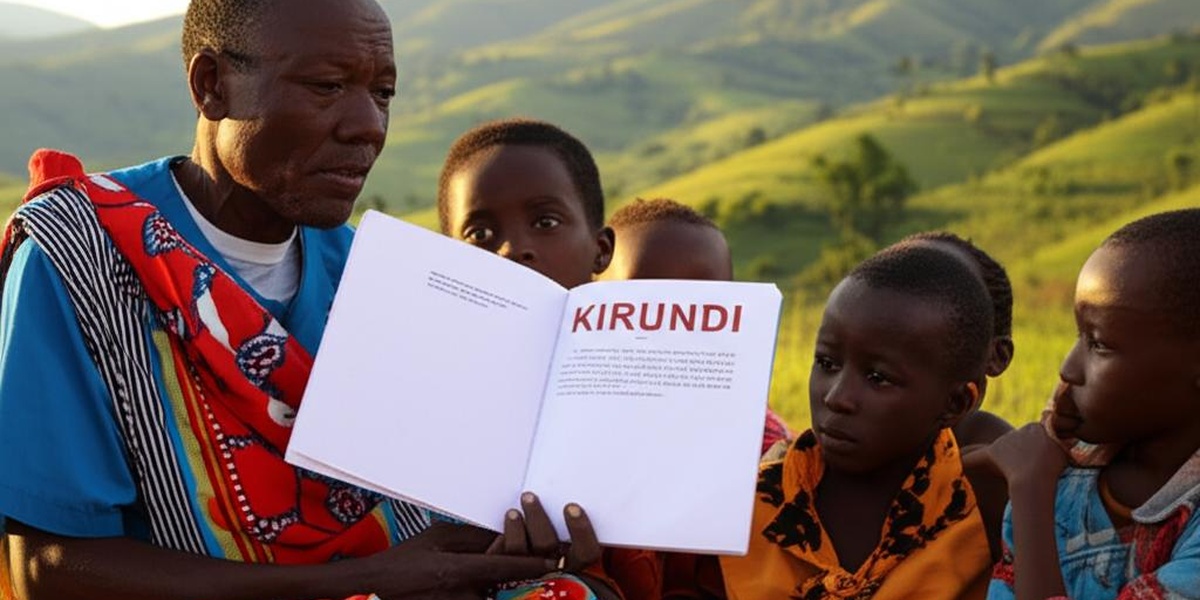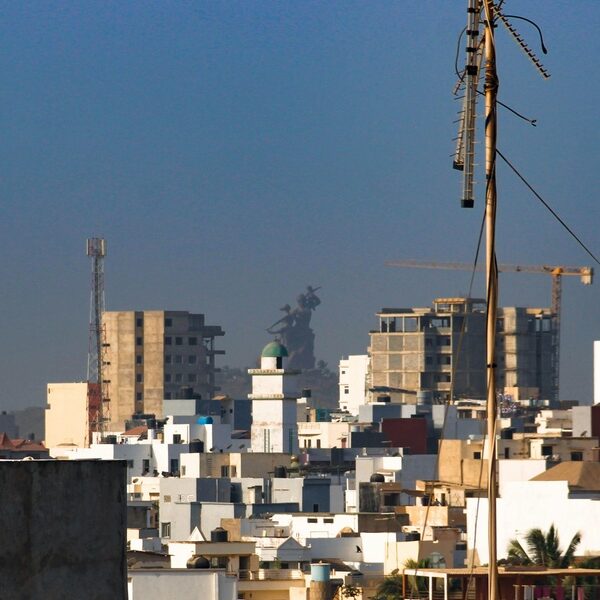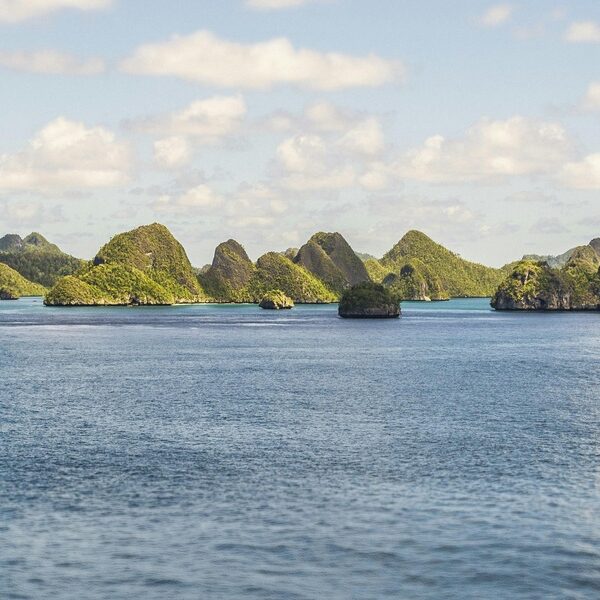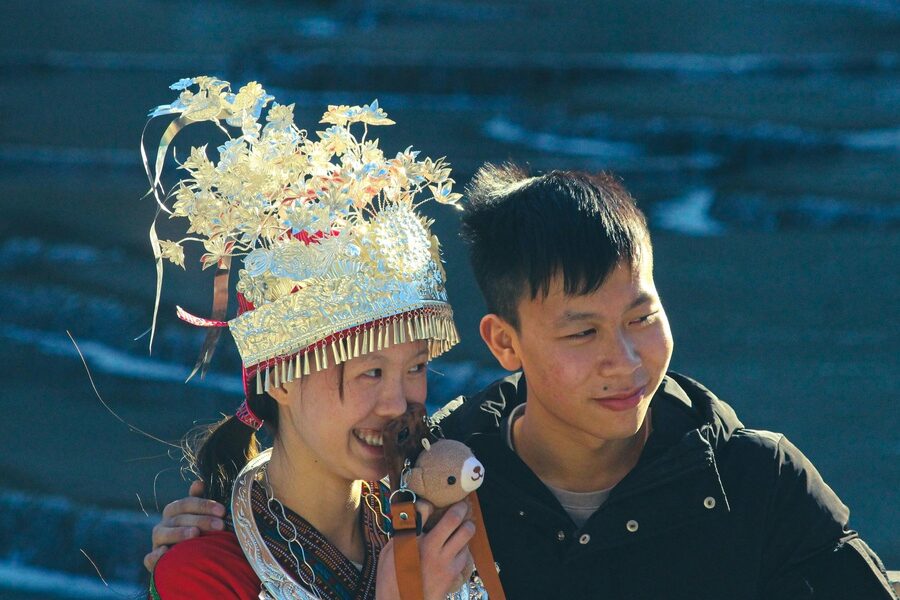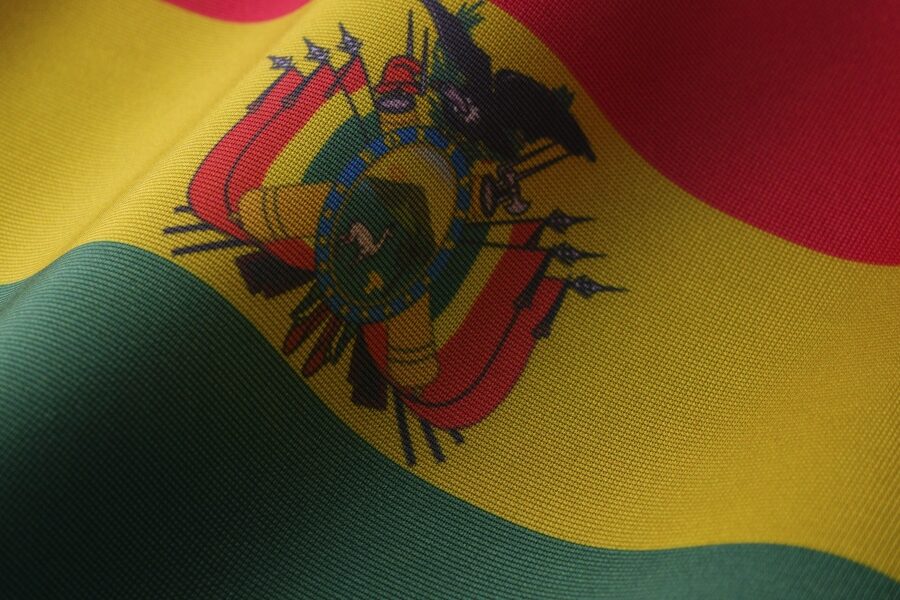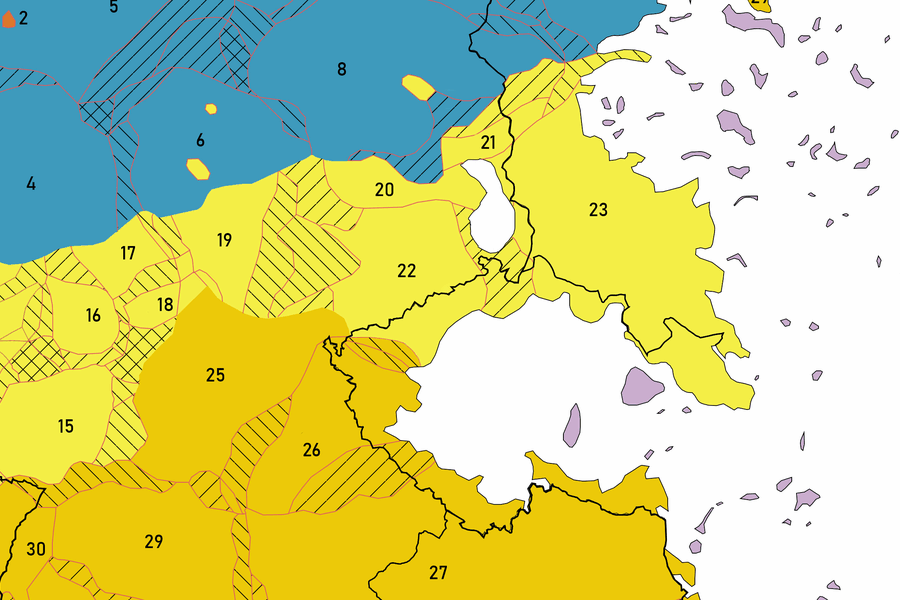Burundi is a small, densely populated country in the Great Lakes region of East Africa where language ties closely to identity, community life and local governance. Understanding which languages are spoken helps when looking at education, media and cultural practices across provinces and towns.
There are 1 Indigenous Languages in Burundi, represented by Kirundi. For each entry you’ll find below the data organized as ISO code,Speakers,Region(s) so you can quickly see standard identifiers, estimated speaker numbers and where each language is used—you’ll find those details below.
What is the main indigenous language spoken in Burundi?
Kirundi is the primary indigenous language and serves as a national lingua franca across the country; it’s used in daily conversation, many local media outlets and most community-level events, with the majority of Burundians speaking it as a first language.
Why include ISO code, number of speakers and regions for each language?
Those data points make comparisons and research easier: ISO codes give a stable identifier for cataloguing, speaker counts indicate vitality and need for support, and regional notes show geographic distribution useful for planning education, preservation or linguistic study.
Indigenous Languages in Burundi
| Language | ISO code | Speakers | Region(s) |
|---|---|---|---|
| Kirundi | run | 11,200,000 | Nationwide |
Images and Descriptions
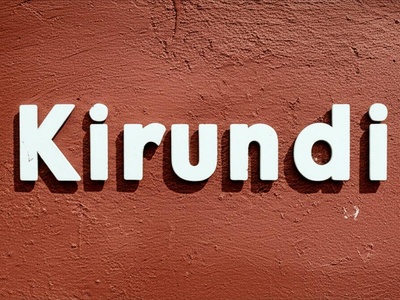
Kirundi
A Bantu language that is the official national language of Burundi, spoken as a mother tongue by the Hutu, Tutsi, and Twa populations. It is closely related and mutually intelligible with Kinyarwanda, which is spoken in neighboring Rwanda.

